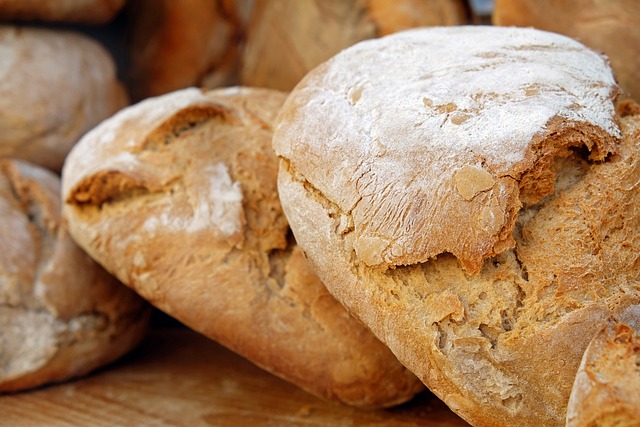The general consensus in diet culture is that bread is bad. There are programs which are premised around completely eliminating bread and carbohydrates. According to many dieticians, though, there are certain breads which provide significant nutritional value.
Not only can bread serve as a good source of whole grains, but carbs are essential to a balanced diet. According to dietician Natalie Mokari, “We need carbohydrates to function. Carbs are brain food. If you notice, whenever you don’t have carbohydrates, you feel really sluggish, you might have brain fog, you just don’t have as much energy.”

So, which breads should we be eating?
Wheat breads contain whole grains, vitamins, and fiber. But many people prefer the taste of white bread. Mokari explains that if you compare the labels of each, the truth is that they are not so different so you may as well choose the one you enjoy more.
If you crave the taste of white bread but want something a little less refined, consider sourdough. Sourdough is fermented and can be beneficial to gut health. The slower the fermentation, the easier the digestion process of the gluten.
Some other general tips offered by Moraki include:
- Checking the ingredient list rather than the label – for real whole grain bread, be sure the first word is “whole.”
- For extra fiber, choose a loaf with seeded crust.
- Buy from bakeries rather than packaged
- Avoid diet or low-card breads, which often have unhealthy ingredients to improve the taste
Most importantly, bon appétit!
